Pregnancy and Ashwagandha: Potential Risks
As the Mother and Newborn editorial team, we have been faced with many questions lately about whether Ashwagandha, acai berry, and Kefir are safe during pregnancy.
A few days ago, we looked at the answers to these two questions in an evidence-based way:
Is Kefir safe during pregnancy?
Can I take acai berries while pregnant or breastfeeding?
Now it’s Ashwagandha’s turn!
Pregnancy is a time when women prioritize the health and well-being of themselves and their growing baby. It’s natural to seek alternative remedies for common pregnancy symptoms, but caution is key when it comes to herbal supplements.
In particular, the use of ashwagandha during pregnancy raises concerns due to limited research on its effects. To ensure the safest approach, it is advisable to consult with healthcare professionals and avoid self-medicating with ashwagandha or any other herbs.
In this guide, we will explore the potential risks associated with ashwagandha during pregnancy and provide a list of herbs to avoid, highlighting the importance of seeking expert advice for a healthy pregnancy journey.
Why is ashwagandha so strong?
Ashwagandha, scientifically known as Withania somnifera and belonging to the Solanaceae family, is often called “Indian Winter Cherry” or “Indian Ginseng.” This herb holds significant importance in Ayurveda, India’s traditional medicine system, where it has been used for thousands of years as a Rasayana due to its extensive health benefits.
Rasayanas are herbal or metallic formulations that promote physical and mental health, impart youthfulness, and increase happiness. Such preparations are often given as tonics to young children, while middle-aged and elderly individuals take them to enhance longevity. Among all the Ayurvedic Rasayana herbs, Ashwagandha holds a prominent position and is recognized as a “Sattvic Kapha Rasayana” herb (Changhadi, 1938). Many Rasayana herbs, including Ashwagandha, act as adaptogens or anti-stress agents.
Commonly found as a churna (a finely sieved powder), Ashwagandha can be mixed with water, ghee (clarified butter), or honey. It is believed to enhance brain and nervous system functions, improving memory. Moreover, it promotes a healthy sexual and reproductive balance by enhancing the functionality of the reproductive system. As a potent adaptogen, Ashwagandha increases the body’s resistance to stress. It also boosts the body’s defense against diseases by improving cell-mediated immunity. Additionally, Ashwagandha possesses strong antioxidant properties that help protect cells from damage caused by free radicals.
Are there negative side effects to ashwagandha?
| Potential Side Effect | Description | Severity | Frequency |
|---|---|---|---|
| Upset stomach | Discomfort in the abdomen, nausea, or diarrhea. | Mild to Moderate | Common |
| Headaches | Can occur in some individuals, particularly at high doses. | Mild | Less Common |
| Sleepiness | Due to its calming effect, ashwagandha can cause drowsiness. | Mild | Common |
| Increased thyroid hormone levels | Some reports suggest ashwagandha might increase thyroid hormone levels, which can cause symptoms like tiredness, irritability, sweating, and even heart problems. | Moderate to Severe | Rare |
| Allergic reactions | This can include rash, itching, swelling, severe dizziness, and trouble breathing. | Moderate to Severe | Rare |
| Pregnancy complications | It may cause miscarriage as it has abortifacient properties. | Severe | Rare in general population but high risk for pregnant women |
| Interactions with sedatives | Ashwagandha can enhance the sedative effect of central nervous system depressants. | Moderate to Severe | Dependent on individual drug use |
Is it safe to take ashwagandha while pregnant?
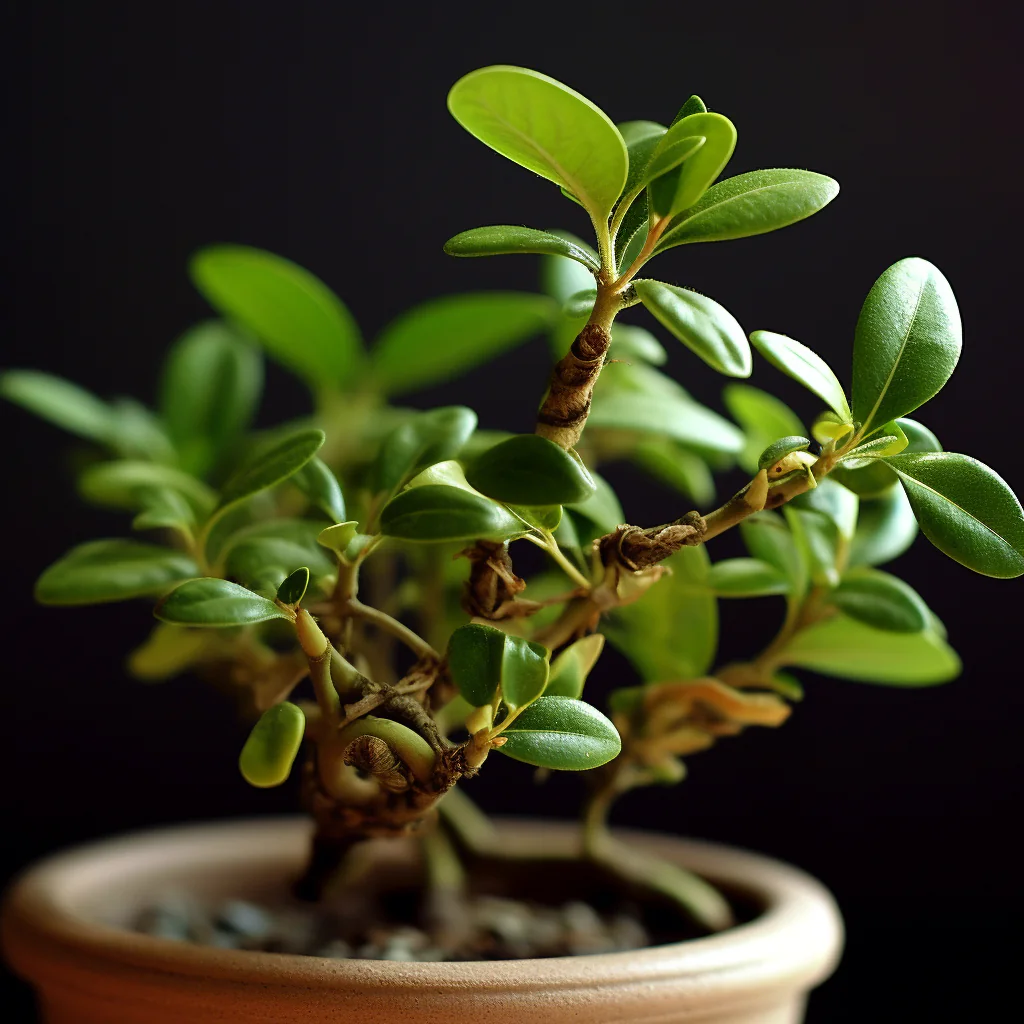
To err on the side of caution, it is advisable to refrain from taking ashwagandha supplements during pregnancy since no studies specifically investigate their effects on human pregnancy.
Moreover, the appropriate supplement dosage during pregnancy is uncertain, and excessive consumption may result in adverse effects. Rather than self-medicating with ashwagandha, it is recommended that you discuss your health concerns with a medical professional or doctor.
They can evaluate your medical history and medications and advise you on the safest action to address your symptoms or concerns.
What herbs should be avoided during pregnancy?
While some herbs are considered safe during pregnancy, others should be avoided as they can potentially cause complications or harm to the developing fetus. It is crucial to consult a healthcare professional before using any herbs during pregnancy. Here’s a list of some herbs that are generally considered unsafe to use during pregnancy:
Ale vera
Aloe vera (Aloe barbadensis) may stimulate uterine contractions and cause miscarriage.
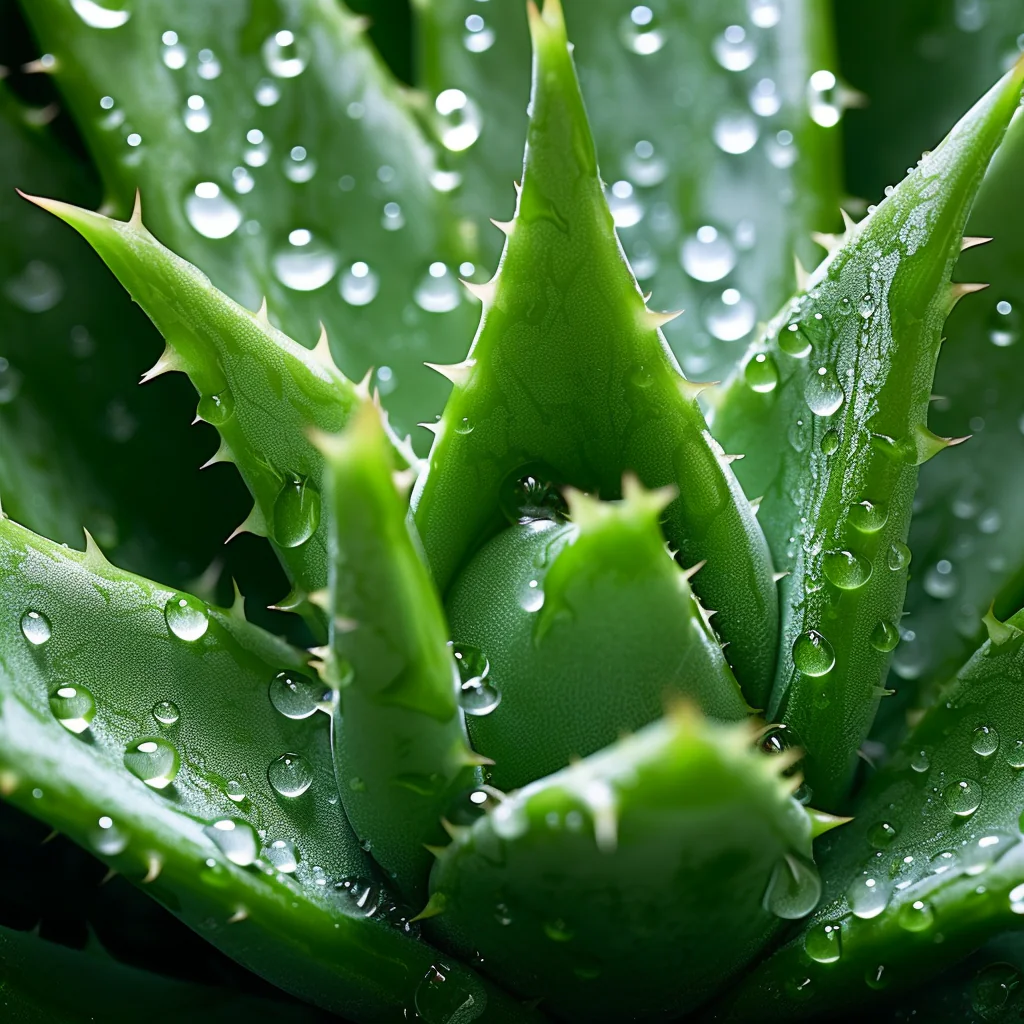
Black cohosh
Black cohosh (Cimicifuga racemosa) can potentially cause premature labor.
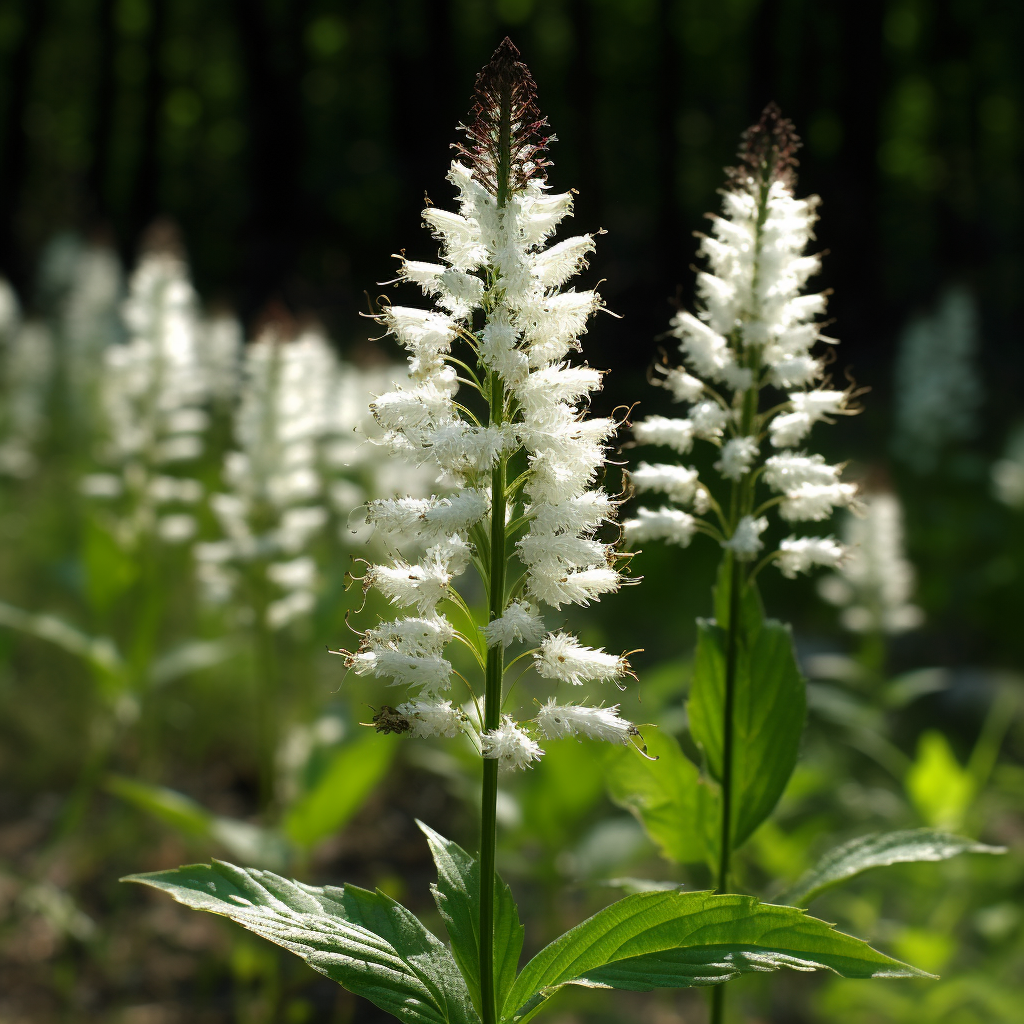
Blue cohosh
Blue cohosh (Caulophyllum thalictroides) may stimulate uterine contractions and induce delivery.
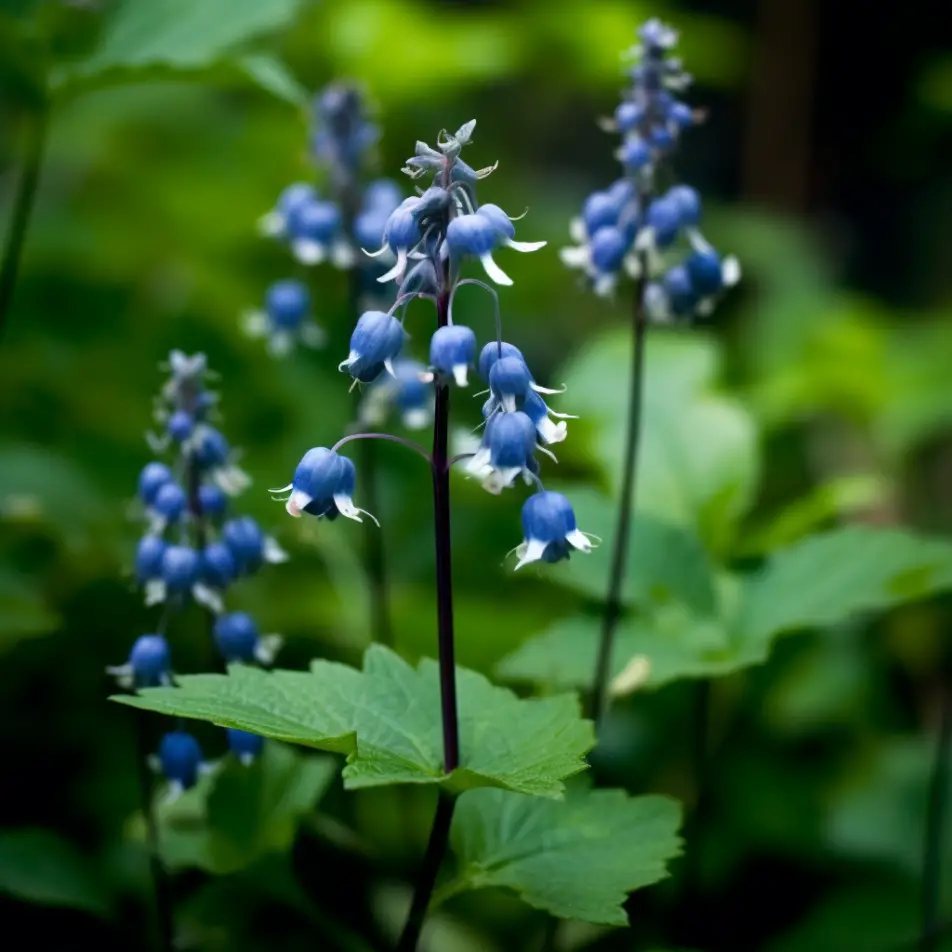
Dong quai
Dong quai (Angelica sinensis) can potentially cause uterine contractions and miscarriage.

Feverfew
Feverfew (Tanacetum parthenium) may stimulate uterine contractions and cause miscarriage.
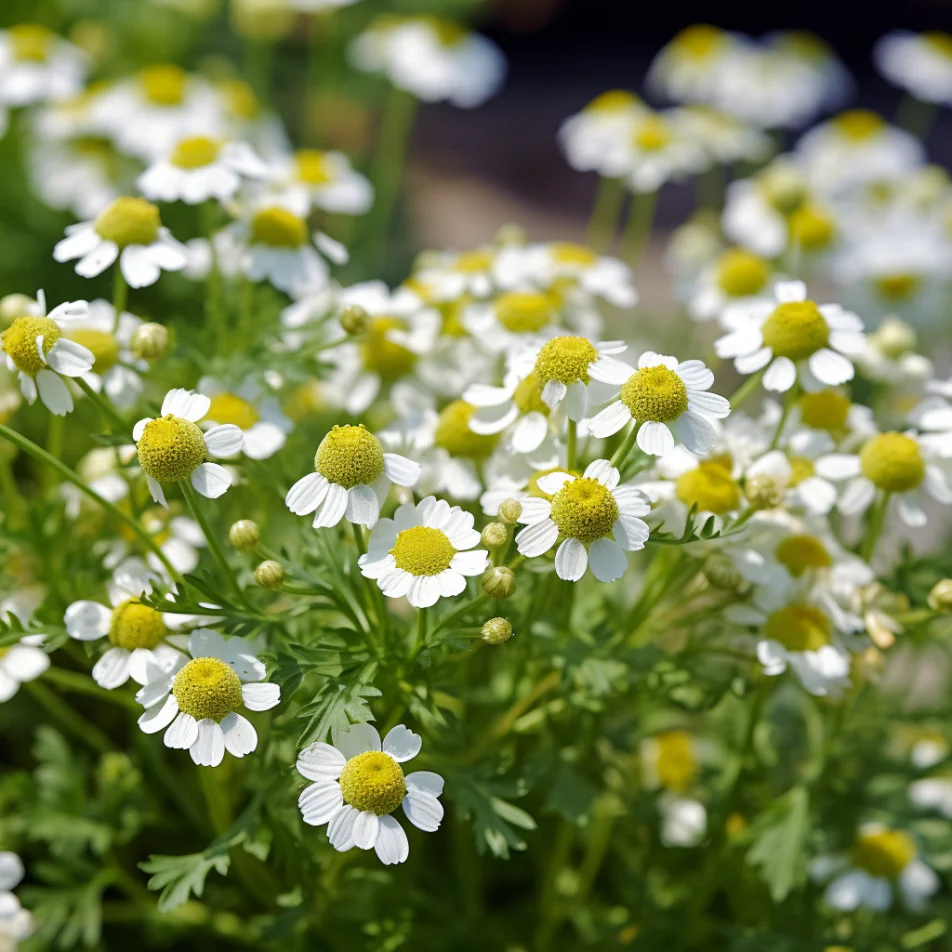
Goldenseal
Goldenseal (Hydrastis canadensis) may cross the placenta and cause harm to the fetus.
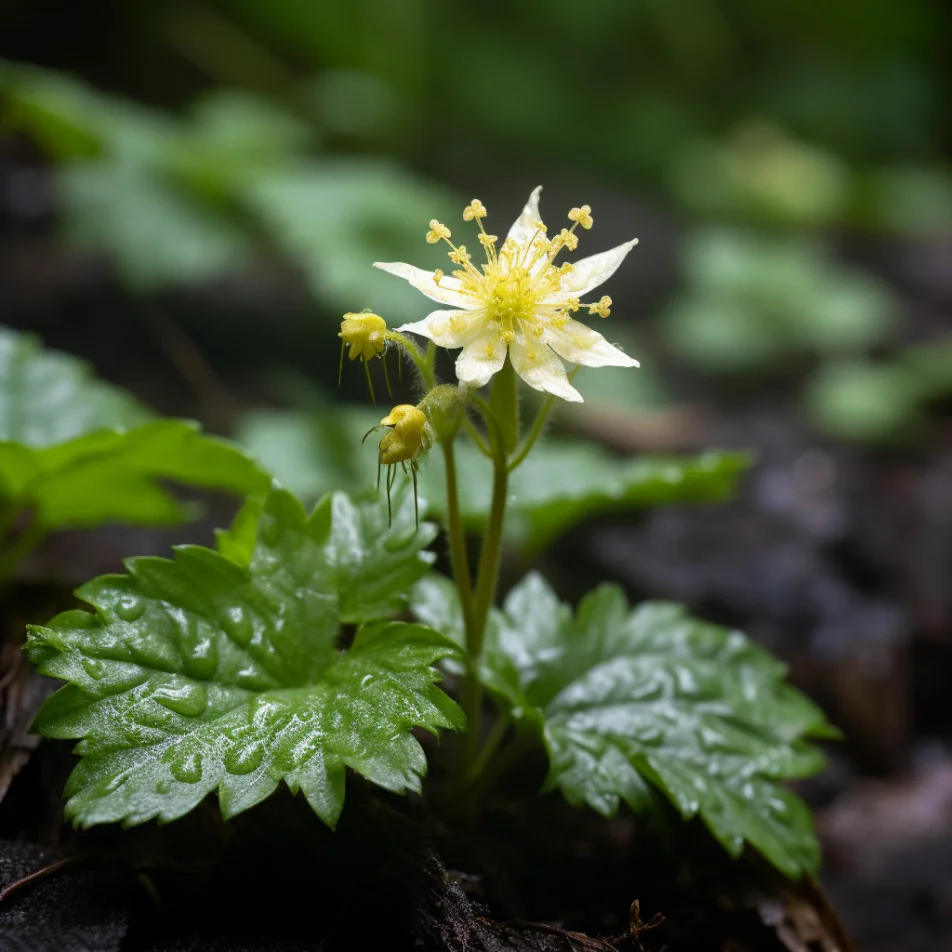
Juniper berries
Juniper berry can potentially cause uterine contractions and miscarriage.

Pennyroyal
Pennyroyal (Mentha pulegium) can potentially cause uterine contractions and miscarriage.
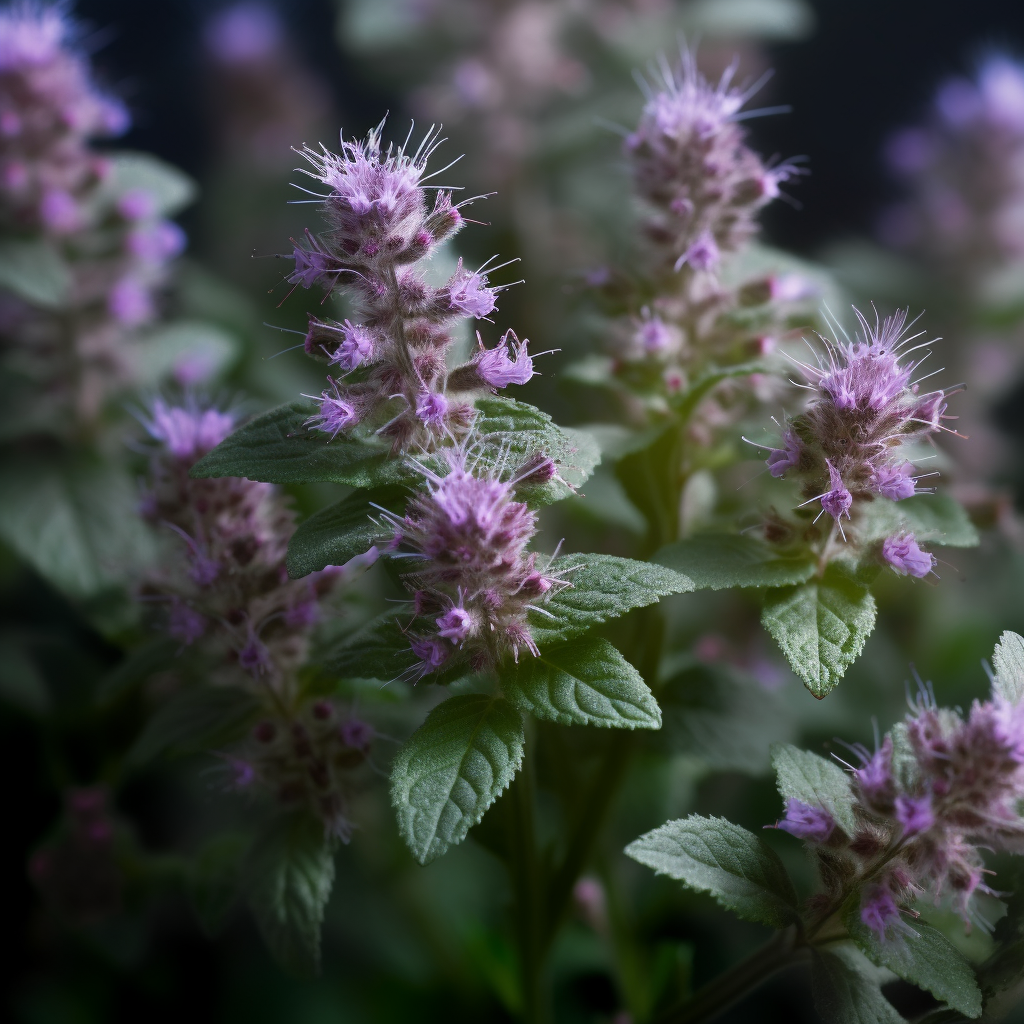
Red raspberry leaf
Red raspberry leaf (Rubus idaeus) can potentially cause uterine contractions and miscarriage.
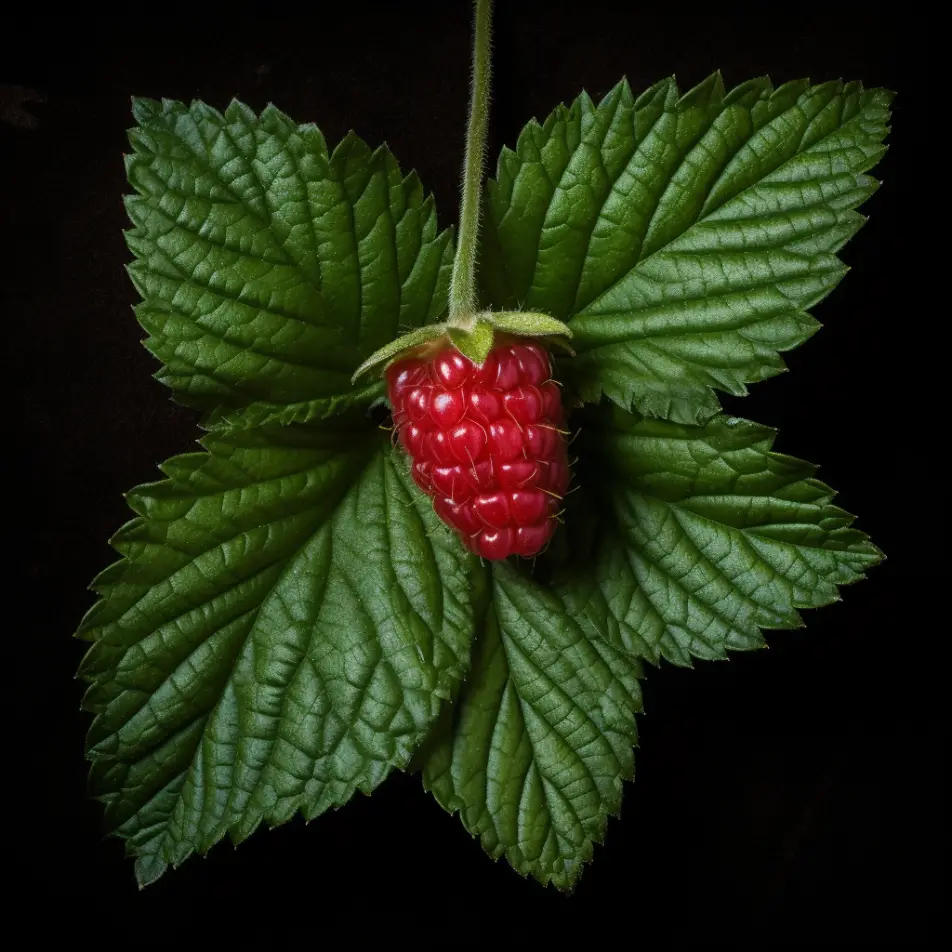
Sage
Sage (Salvia officinalis) may stimulate uterine contractions and cause miscarriage.
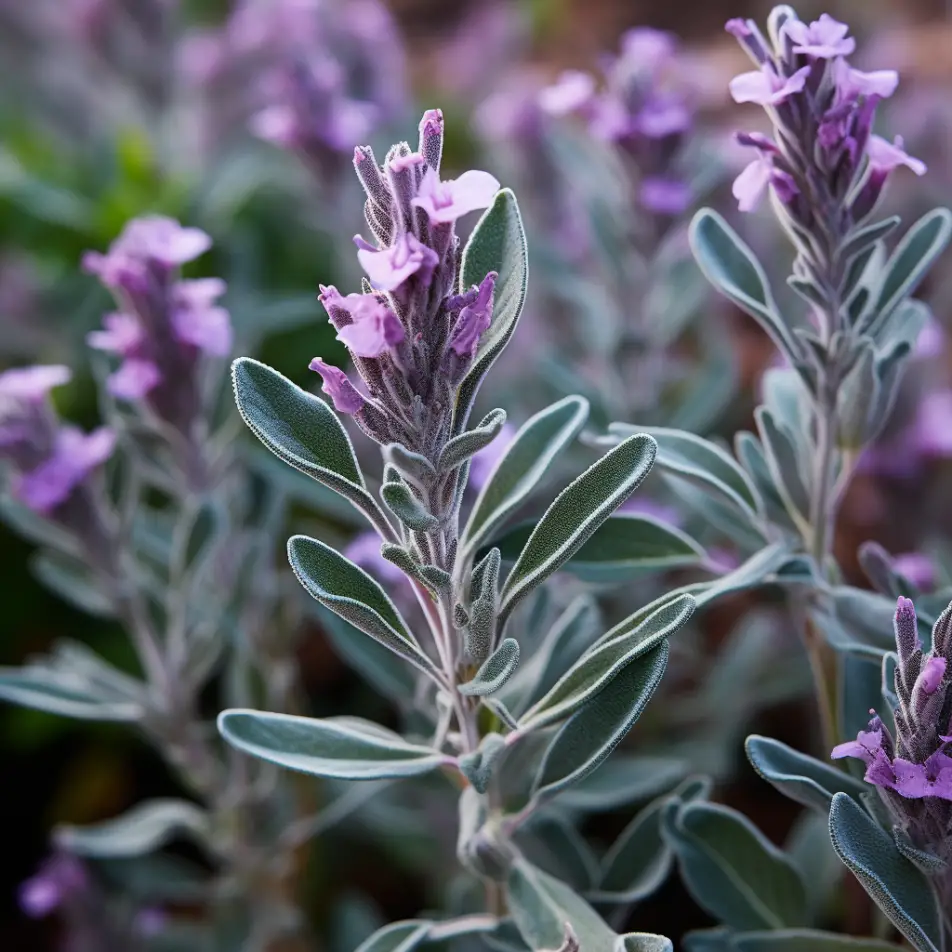
Tansy
Tansy (Tanacetum vulgare) can potentially cause uterine contractions and miscarriage.
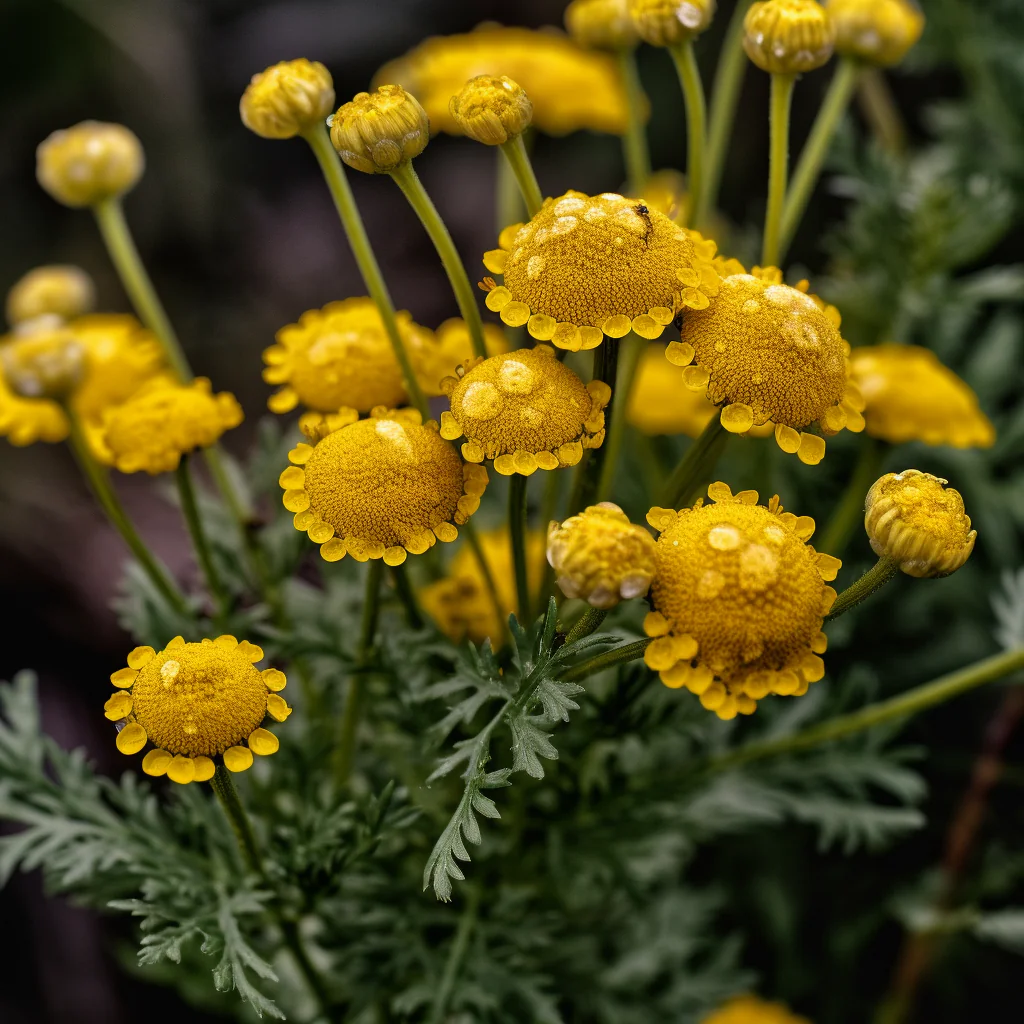
Wormwood
Wormwood (Artemisia absinthium) may stimulate uterine contractions and cause miscarriage.
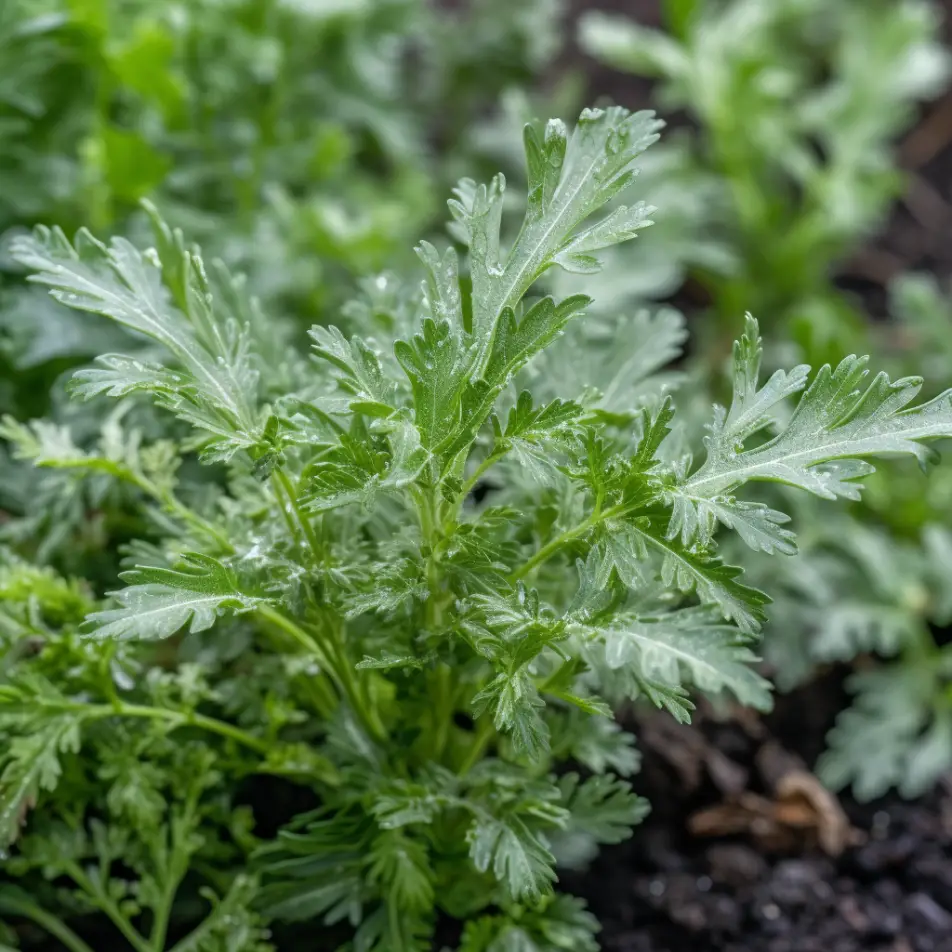
This list is not exhaustive, and the safety of individual herbs can vary depending on factors such as the dosage, form, and source. Always consult a healthcare professional before using any herbs or supplements during pregnancy to ensure your and your baby’s safety. (1)
Source: Bernstein N, Akram M, Yaniv-Bachrach Z, Daniyal M. Is it safe to consume traditional medicinal plants during pregnancy? Phytother Res. 2021 Apr;35(4):1908-1924. doi: 10.1002/ptr.6935. Epub 2020 Nov 8. PMID: 33164294.
Where is ashwagandha originally from?
Ashwagandha, also known as Indian Ginseng or Withania somnifera, is a plant originally from the dry areas of India, the Middle East, and northern Africa. The plant is a small shrub with yellow flowers and is a part of the Solanaceae, or nightshade family.
The roots and berries of the Ashwagandha plant have been used for more than 3,000 years in Ayurvedic medicine, a form of traditional medicine practiced in India. It is particularly well-known for its adaptogenic properties, meaning that it is believed to help the body adapt to stress and to exert a normalizing effect upon bodily processes.
Why does ashwagandha make you happy?
There is some scientific evidence suggesting that Ashwagandha may affect mood and stress. The mood-enhancing effects of Ashwagandha are generally believed to be related to its potential effects on the brain and the body’s stress response system. Here’s how it might work:
- Cortisol Levels: Ashwagandha is thought to help reduce cortisol levels in the body. Cortisol is often called the “stress hormone” because it’s released in response to stress and low blood-glucose concentration. By helping manage your body’s physiological stress responses, Ashwagandha might help reduce anxiety and promote a more positive mood.
- Neurotransmitters: Some research suggests that Ashwagandha may influence the levels of neurotransmitters like serotonin and dopamine in the brain. These neurotransmitters play a key role in regulating mood. Higher levels of these neurotransmitters are generally associated with positive mood states.
- Brain cell protection: Ashwagandha may also protect the brain cells from the harmful effects of stress and anxiety, which can contribute to mood disorders.
- Inflammation: Chronic inflammation is thought to contribute to many conditions, including mood disorders. Ashwagandha might have anti-inflammatory effects that could potentially influence mood.
Reference: Gopukumar K, Thanawala S, Somepalli V, Rao TSS, Thamatam VB, Chauhan S. Efficacy and Safety of Ashwagandha Root Extract on Cognitive Functions in Healthy, Stressed Adults: A Randomized, Double-Blind, Placebo-Controlled Study. Evid Based Complement Alternat Med. 2021 Nov 30;2021:8254344. doi: 10.1155/2021/8254344. PMID: 34858513; PMCID: PMC8632422.
However, while there’s some evidence for these effects, it’s important to note that more research is needed, and the effects of Ashwagandha can vary widely between individuals. Some people may find that it improves their mood, while others may not notice any effect. Talking to a healthcare provider before starting a new supplement regimen is always a good idea.

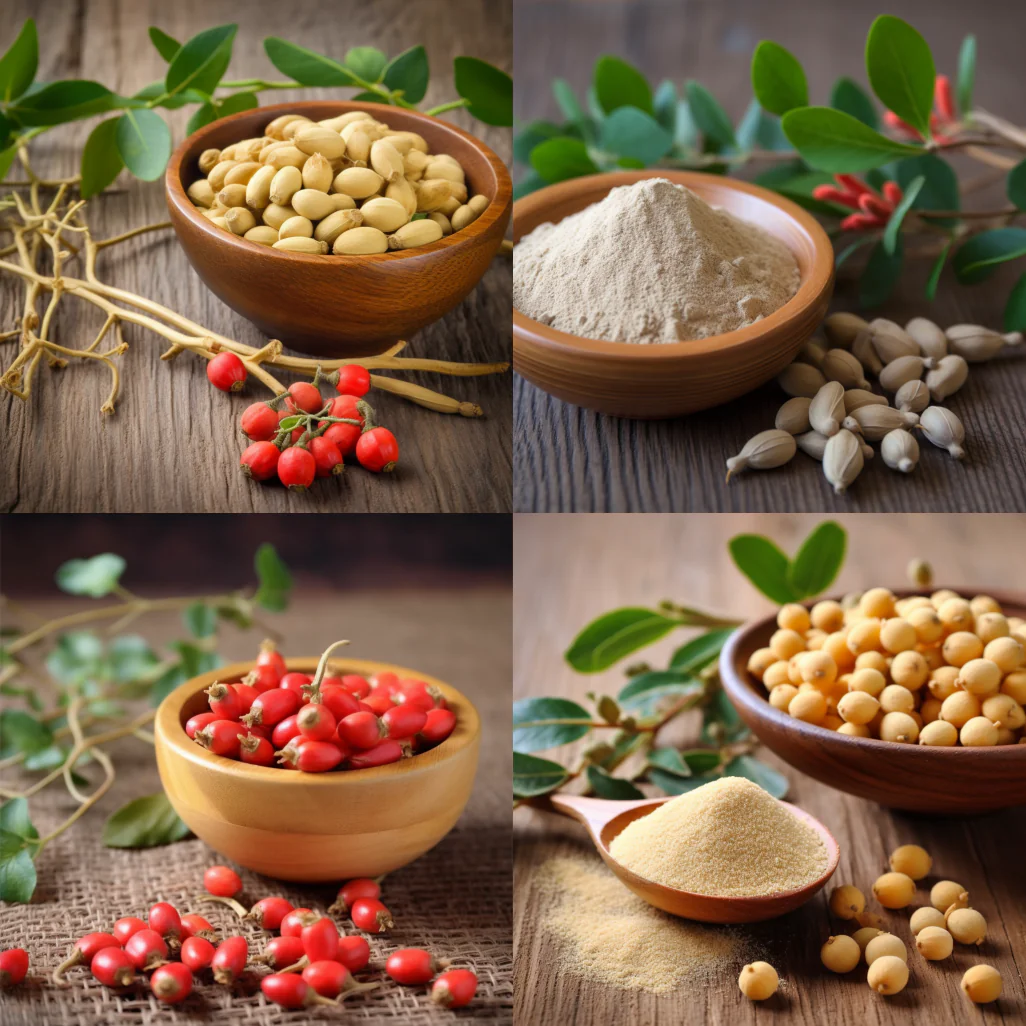







One Comment